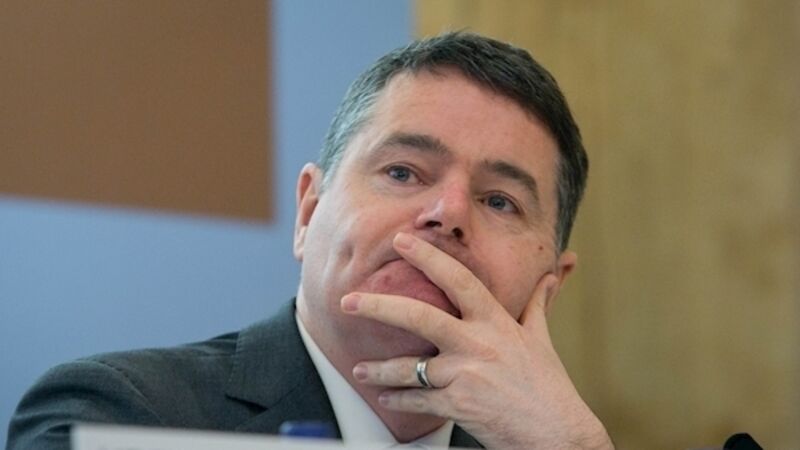Paschal Donohoe: Disorderly Brexit could see €6bn downturn

Finance Minister Paschal Donohoe has warned of a €6bn downturn in the case of a disorderly Brexit occurring later this year.
Speaking at the Oireachtas Budgetary Oversight Committee, Mr Donohoe said if, as appears increasingly possible, there is a disorderly Brexit, there will be significant pressure placed on the public finances.













